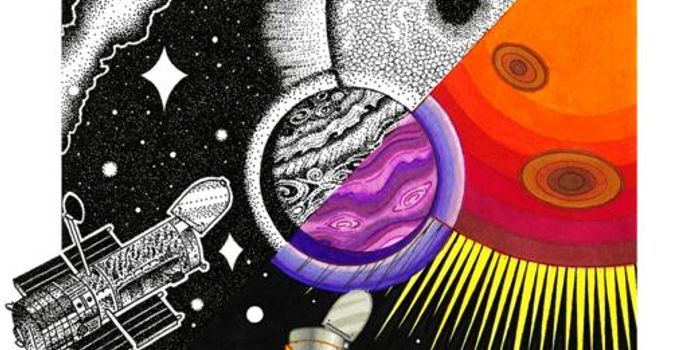World Mosquito Day - Disease Deliverers Denigrated
August 20th is World Mosquito Day, but we’re not celebrating the mosquitoes themselves. Instead, we are celebrating the research that discovered how mosquitoes transmit diseases to us. The August 20th date specifically celebrates the anniversary of the day Sir Ronald Ross’s 1897 discovered that female mosquitoes transfer Malaria to new -human- hosts.
Mosquitoes are the deadliest animals on the planet, causing the deaths of millions of people each year through the spread of diseases. There are more than 2,500 different species of mosquitoes, and different species often carry different diseases. Some of the diseases they transmit aside from Malaria include dengue fever, West Nile virus, yellow fever, and Zika virus.
The life cycle of a mosquito is short. They spend about a week as larvae and pupae. The juveniles float near the surface of the water, breathing air through siphons located at the back of their bodies. Once they hatch from the water, the males only live about a week as adults, while females survive for a few weeks. Only the females drink blood meals to have enough energy to lay eggs for the next generation. Their saliva includes an anticoagulant to help the blood flow without clotting, but their saliva is also how disease pathogens enter the bloodstream.
With changes in the global climate and globalization, different species of mosquitoes are also spreading around the world, exposing populations to diseases once relegated to other parts of the world. This could have severe consequences for human health in the future. Studies show that, at least in the US, West Nile virus is expected to spread and become more prevalent with the changing climate.
Protecting large swaths of communities from mosquito-borne diseases is difficult. Mosquitoes can become resistant to insecticides, and it can be tough to convince people to always sleep under a mosquito net. There is research underway now to develop new chemical and non-chemical solutions for mosquito control, like the research looking at using drone technology to survey potential mosquito breeding sites.
To protect yourself from mosquitoes, don’t let standing water sit near your house, use bug repellent when outside for long periods, and make sure you sleep with screens in the windows or a net above your bed if you can’t keep the bugs from flying inside the house. Generally, devices like bug zappers and mosquito traps are ineffective at significantly reducing mosquito populations enough to protect people from diseases. The best things to do are to keep them from breeding in the first place and keep them from biting.
To protect yourself from mosquitoes, don’t let standing water sit near your house, use bug repellent when outside for long periods, and make sure you sleep with screens in the windows or a net above your bed if you can’t keep the bugs from flying inside the house. Generally, devices like bug zappers and mosquito traps are ineffective at significantly reducing mosquito populations enough to protect people from diseases. The best things to do are to keep them from breeding in the first place and keep them from biting.
Sources: Barcelona Institute for Public Health, Computers, Environment and Urban Systems, Illinois Department of Public Health, End Malaria, Elife Sciences, CDC, Global Change Biology









